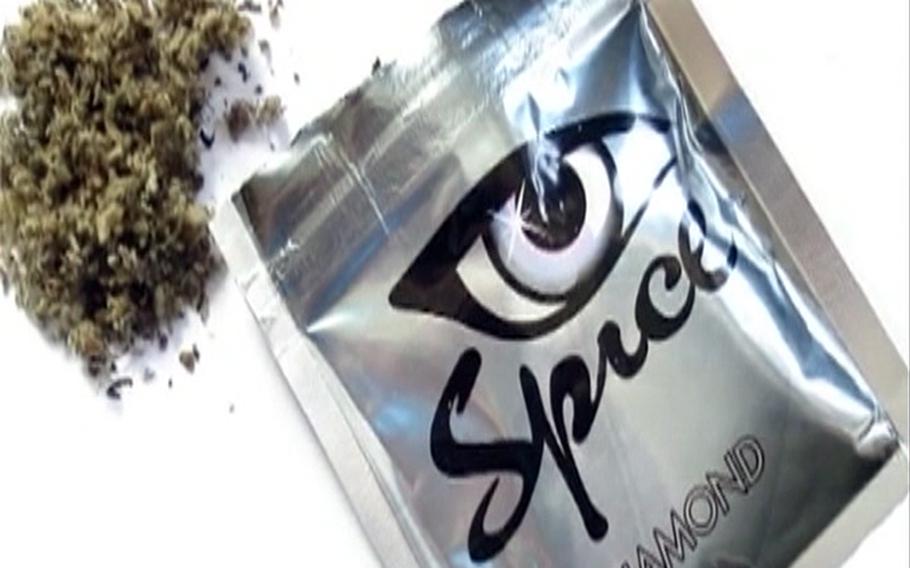
(DVIDS)
SEOUL — The U.S. military has come under sharp criticism over a drug-smuggling ring that imported at least one shipment of synthetic marijuana through the military mail system, with South Korean politicians suggesting checks of packages were too lax.
It turns out that at least one defendant has testified he used the South Korean postal system for several shipments, too.
Details about the smuggling ring are still emerging, including how deeply the drug selling penetrated into the Korean community.
Arin Bergquist, a former Camp Casey soldier, told the Seoul Central District Court last month that he ordered from a website at least four shipments of synthetic marijuana, also known as spice, ranging from four to 50 ounces each, between August 2011 and January 2012.
Bergquist said he was discharged in October 2011 but returned to South Korea the following month on a tourist visa and continued to sell spice.
He said he distributed it at $400 per ounce to other soldiers to sell, including his roommate, Pvt. Michael Lehmkuhl of the 70th Brigade Support Battalion, 210th Fires Brigade, 2nd Infantry Division. Both men are charged for taking part in the drug-smuggling ring.
The first shipment was mailed to Camp Casey through the U.S. military mail system in August. Later shipments went through the South Korean post office at Dongducheon, though it was unclear from Bergquist’s testimony why the switch was made.
The case has sparked widespread criticism of the U.S. military in South Korea, where drug possession and use is severely punished. Authorities announced last month they confiscated a record amount of drugs shipped through the U.S. military mail system in the first nine months of 2012; most appeared to be connected to Bergquist’s smuggling ring.
USFK mail is examined by customs officials at the Joint Military Mail Terminal in Incheon before it is distributed to military installations.
Last month, National Assembly member Kim Hyunmee issued a statement calling the JMMT “a new drug smuggling route,” and claimed a lack of drug seizures there before 2008 showed that Korea Customs Service “was defenseless against attempts to carry narcotics into the JMMT.”
A spokesman for Kim refused to answer questions this week about whether the lawmaker’s comments were fair, since spice was also shipped without detection through the South Korean postal system.